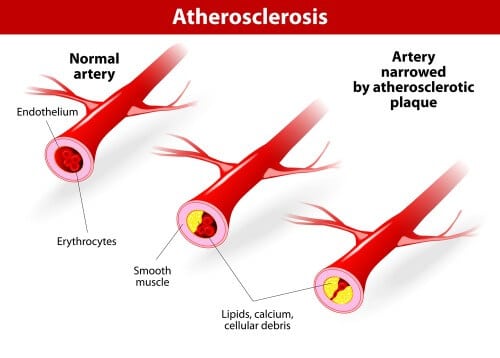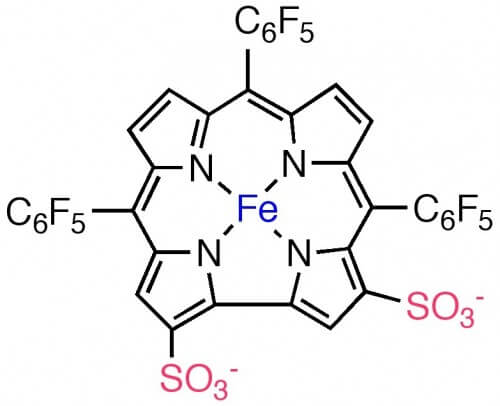Technion researchers have found an antioxidant that can lower blood cholesterol. This substance may be an effective alternative to statins, which are the active substance in existing cholesterol-lowering drugs and which are known for their side effects

Technion researchers have found an antioxidant that can lower blood cholesterol. This substance may be an effective alternative to statins, which are the active ingredient in existing cholesterol-lowering drugs.
A high level of cholesterol and an excess of free radicals in the body are the main risk factors for the development of cardiovascular diseases. A healthy lifestyle and reducing cholesterol consumption can certainly help prevent these diseases, but maintaining the desired cholesterol level is a challenge that many find difficult to meet.
Most of the cholesterol in the body does not come from food but from the body's own production. Statins reduce cholesterol by inhibiting the action of an enzyme that develops in the physiological process of cholesterol production, HMG-CoA Reductase. However, there are patients who do not respond to statins, and others who suffer from side effects that prevent the possibility of using statins.
Dr. Adi Haber and Professor Zeev Gross from the Shulich Faculty of Chemistry at the Technion offer a new alternative to statins. In a study that combined pure chemistry and biochemistry, they discovered that the catalytic antioxidant 1-Fe, based on the corrole molecule developed in Gross's laboratory, inhibits the enzyme HMG-CoA Reductase with a mechanism of action different from that of the statins. "The corrol molecules are not related to statins at all," explains Professor Gross. "They are completely different entities with completely different structures and properties. They do inhibit the same enzyme as the statins, but their mode of action is different."

"Our materials also have another advantage - they are catalytic oxidation inhibitors," explains Gross. "The meaning is that a single molecule can neutralize thousands of molecules of free radicals, and this is compared to the vitamins and dietary antioxidants, which neutralize the radicals in a one-on-one reaction."
Professor Batu Korac, who studies redox reactions in health and disease at the University of Belgrade in Serbia, points to the advantages of the new approach. "These oxidation inhibitors affect the metabolism and homeostasis of cholesterol in various aspects - reducing cellular uptake, better removing it from cells, and reducing its synthesis. All of these open a new perspective for the treatment of diseases characterized by high levels of cholesterol in the blood."
Professor Gross and his team now plan to investigate the effectiveness of 1-Fe in other cholesterol-related diseases, including diabetes.
